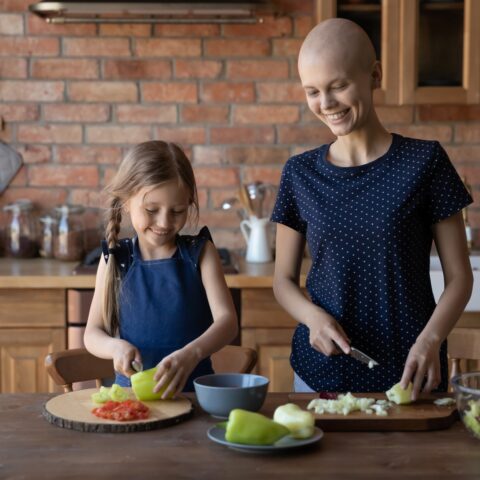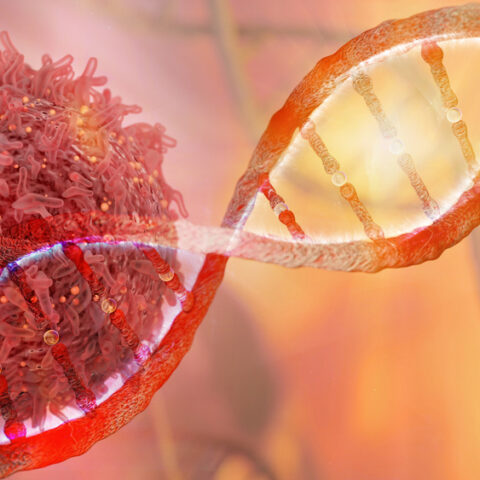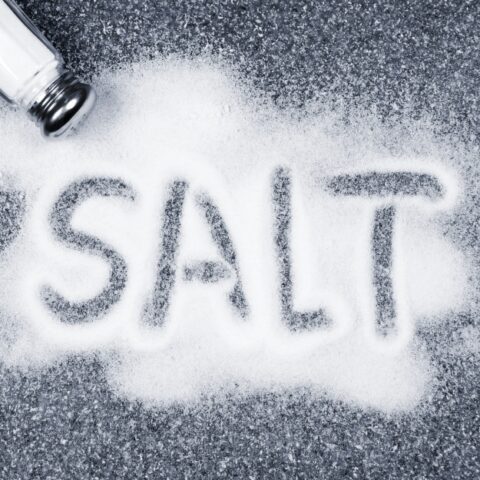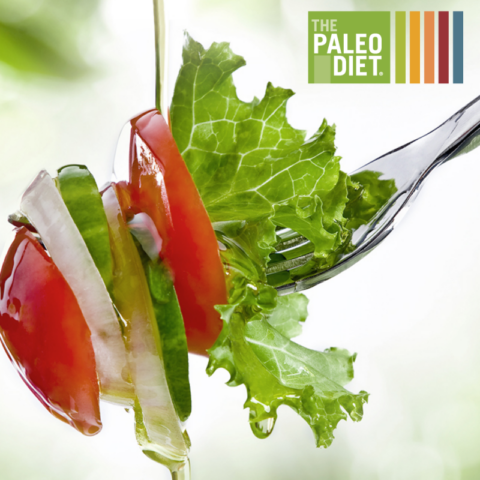Paleo Diet Linked to Decreased Colorectal Cancer

According to research conducted at Emory University in Atlanta, adherence to the Paleo Diet may significantly slash colorectal cancer rates.1 For their study, published online last month in the American Journal of Epidemiology, researchers examined the dietary habits of 2,301 men and women, 30 to 74 years old. Participants were categorized based on how closely their diets resembled the Paleo Diet. Overall, 564 participants developed colorectal adenoma, a benign tumor of the colon or rectum. Scientists classify colorectal adenoma as a precursor to colorectal cancer.2 For women with diets most closely resembling the Paleo Diet, tumor rates fell 29 percent compared to control groups. For men, Paleo Diet benefits were even more pronounced, with tumor rates falling 51 percent.
For those who study and follow the Paleo lifestyle, these results are hardly surprising. As the Paleo Diet becomes increasingly popular, however, it’s also more frequently misrepresented. Just last week, for example, Janet Helm of US News & World Report wrote about Paleo, “I don’t support this restrictive, meat-heavy diet that bans so many nutritious foods, such as dairy, grains and beans.”3 The Paleo Diet, of course, includes healthy animal foods, but disparagingly calling it “meat-heavy,” ignores the fact that it’s very vegetable-heavy. Could the Paleo Diet’s high vegetable level explain its protective effects against colorectal cancer?
Vegetables, of course, contain fiber and Western diets contain far less fiber than those of our Paleolithic ancestors. Whereas mean daily fiber intakes in the US range from 10 to 18 grams, our Paleolithic ancestors consumed upwards of 100 grams daily.4, 5 Some 40 years ago, an Irish surgeon named Denis Burkitt introduced the theory that increased consumption of dietary fiber decreases colorectal cancer risks.6 Burkitt’s theory gained traction and was eventually accepted as common knowledge, but a number of cohort studies and randomized controlled trials in recent decades have strongly challenged his contention.7 Although many prominent institutions, including the Harvard School of Public Health, no longer accept Burkitt’s theory, it may be premature to conclude that fiber consumption and colorectal cancer are unrelated.8
In an article published in the European Journal of Clinical Nutrition, anthropologist Jeff Leach points out that fiber levels in studies challenging Burkitt’s theory, even for participants in the uppermost quintiles, are still far below evolutionary standards.9 We should also acknowledge fiber’s beneficial effects with respect to gut microbiome health. Increased fiber consumption promotes decreased intestinal inflammation, decreased body weight, and decreased obesity-induced chronic inflammation.10 While the causes of colorectal cancer are not entirely known, the Mayo Clinic lists inflammatory intestinal conditions, insulin resistance, obesity, smoking, heavy alcohol consumption, and sedentary lifestyle all as factors that may increase colorectal cancer risks.11
So what does this research associating the Paleo Diet with decreased colorectal cancer really tell us? Does the Paleo Diet’s vegetable-heavy, and thus fiber-heavy, aspect account for this benefit? We cannot say so definitively. We can say, however, that the Paleo Diet is more than just a diet. It’s a lifestyle that promotes wellness and prevents disease. Most diseases, especially cancer, have multiple roots, the combination of which eventually grows into disease. This recent research is a testament to the holistic nature of the Paleo Diet and Paleo lifestyle, encompassing many informed decisions, which likely collectively protect against colorectal cancer.
References
1 Whalen, K., et al. (2014). Paleolithic and Mediterranean Diet Pattern Scores and Risk of Incident, Sporadic Colorectal Adenomas. American Journal of Epidemiology. Retrieved from //aje.oxfordjournals.org/content/early/2014/10/17/aje.kwu235.abstract
2 Srivastava, S., et al. (May 2001). Biomarkers for early detection of colon cancer. Clinical Cancer Research, 7(5). Retrieved from //www.ncbi.nlm.nih.gov/pubmed/11350874
3 Helm, Janet. (November 5, 2014). 8 Positive Outcomes of the Paleo Trend. US News & World Report. Retrieved from https://www.yahoo.com/health/8-positive-outcomes-of-the-paleo-trend-101439975577.html
4 Clemens, R., et al. (July 2012). Filling America’s Fiber Intake Gap: Summary of a Roundtable to Probe Realistic Solutions with a Focus on Grain-Based Foods. Journal of Nutrition, 142(7). Retrieved from //www.ncbi.nlm.nih.gov/pubmed/22649260
5 Leach, JD. (January 2007). Evolutionary perspective on dietary intake of fibre and colorectal cancer. European Journal of Clinical Nutrition, 61(1). Retrieved from Evolutionary perspective on dietary intake of fibre and colorectal cancer
6 Burkitt, DP. (July 1971). Epidemiology of cancer of the colon and rectum. Cancer, 28(1). Retrieved from //www.ncbi.nlm.nih.gov/pubmed/5165022
7 Lawlor, DA, and Ness, AR. (2003). Commentary: The rough world of nutritional epidemiology: Does dietary fibre prevent large bowel cancer? International Journal of Epidemiology, 32(2). Retrieved from //ije.oxfordjournals.org/content/32/2/239.full
8 Nutrition Source, Harvard School of Public Health. Fiber and Colon Cancer: Following the Scientific Trail. Retrieved from //www.hsph.harvard.edu/nutritionsource/fiber-and-colon-cancer/
9 Ibid, Burkitt
10 Kuo, SM. (January 2013). The Interplay Between Fiber and the Intestinal Microbiome in the Inflammatory Response. Advances in Nutrition, 4(1). Retrieved from //advances.nutrition.org/content/4/1/16.full
11 Mayo Clinic Staff. (August 2013). Diseases and Conditions: Colon Cancer: Risk Factors. Retrieved from //www.mayoclinic.org/diseases-conditions/colon-cancer/basics/risk-factors/con-20031877
Christopher Clark
Christopher Clark is an entrepreneur, food writer, and business owner with years of experience with nutrition.
More About The Author




